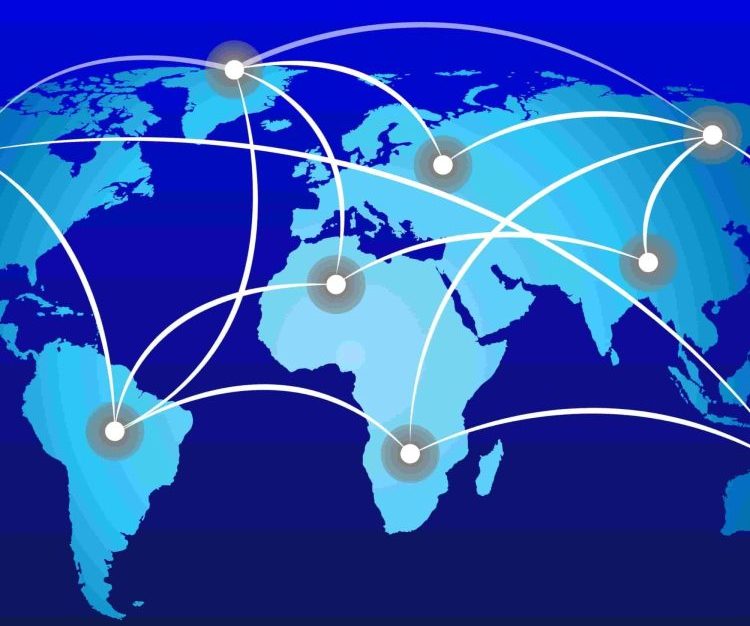A GDS, or Global Distribution System, is a computer platform that facilitates transactions between travel service providers (such as airlines, hotels, car rental agencies, rail transport companies) and travel agencies. These systems centralize information on availability, rates, and bookings, offering a comprehensive solution for managing travel reservations.
Main characteristics of a GDS
- Centralized access to data: GDSs aggregate information from various travel service providers, allowing travel agencies and companies to book flights, hotel rooms, car rentals, etc., from a single system.
- Wide geographic reach: GDSs have a global reach, allowing services to be booked in almost any country, which is particularly useful for international travel.
- Integration and interconnection: they integrate various provider databases and connect them with travel agency booking systems, ensuring seamless and real-time interconnection.
- Search and comparison features: GDSs allow users to search for travel options based on various criteria (price, schedules, availability) and easily compare the different available options.
- Booking and ticketing: they offer direct booking and ticketing functionalities, simplifying the process of confirming services and managing travel documents.
- Commission management: GDSs manage commissions between service providers and travel agencies, thus facilitating financial transactions.
Examples of well-known GDSs
- Amadeus: based in Europe, Amadeus is one of the most widely used GDSs, offering a wide range of services and integrating numerous travel suppliers.
- Sabre: originating from the United States, Sabre is another major player in the GDS market, with a strong presence in North America and beyond.
- Travelport (includes Galileo, Worldspan, and Apollo): Travelport is a company that encompasses several distribution systems, providing global coverage and diverse solutions for travel management.

Advantages of GDSs
- Efficiency: by centralizing information and services, GDSs reduce the time and effort needed to find and book travel services.
- Access to a wide range of services: travel agencies and companies can access a vast network of providers, thus offering a greater variety of choices to their clients.
- Transparency and comparison: users can easily compare prices and options, ensuring more informed purchasing decisions.
Challenges and criticisms
- Cost: using GDSs can be expensive for travel service providers due to transaction fees and commissions.
- Technological dependency: travel agencies and providers can become dependent on GDSs, which can pose problems in the event of technical failures or changes in pricing policies.
- Changing consumer behavior: with the rise of direct online booking platforms and OTAs (Online Travel Agencies), some consumers prefer to book their travel without going through GDSs, which can reduce their usage.
In summary, GDSs play a crucial role in the travel industry by facilitating reservation management and connecting various service providers with travel agencies and consumers.
In the car transportation business, remember that only a local company know his drivers !
By that way, you can book a trips directly on the Driver & Butler booking system which is called a Destination Management System (DMS)
Preserve your margin 😉



Comment (0)